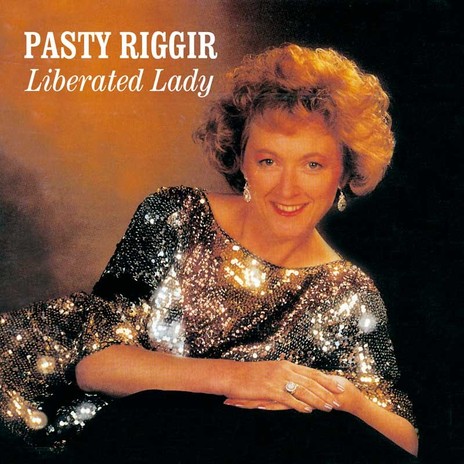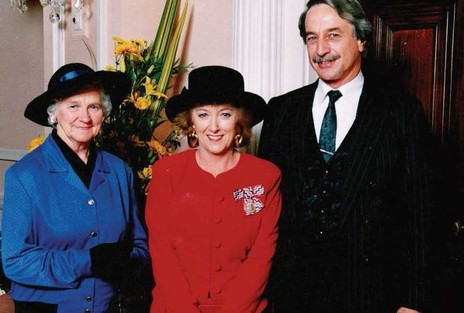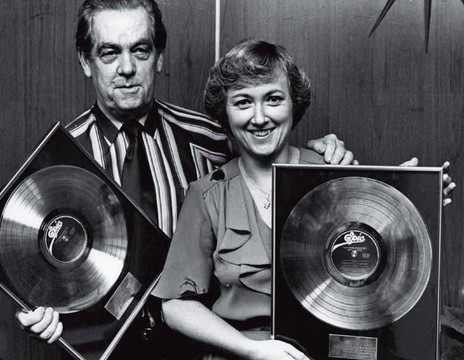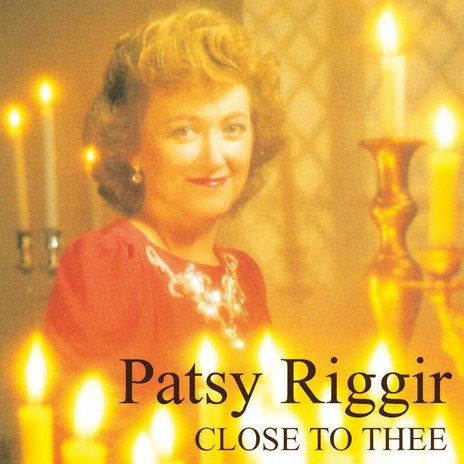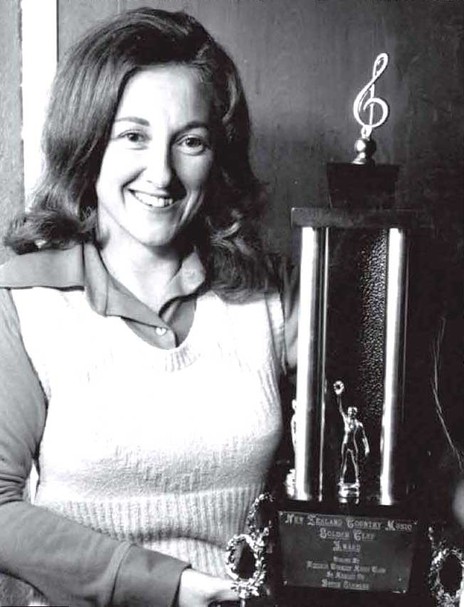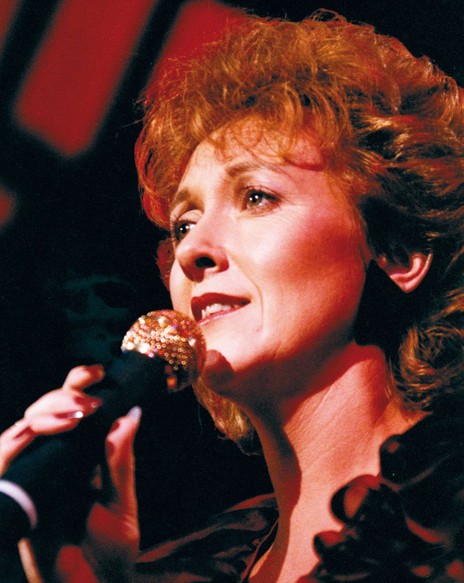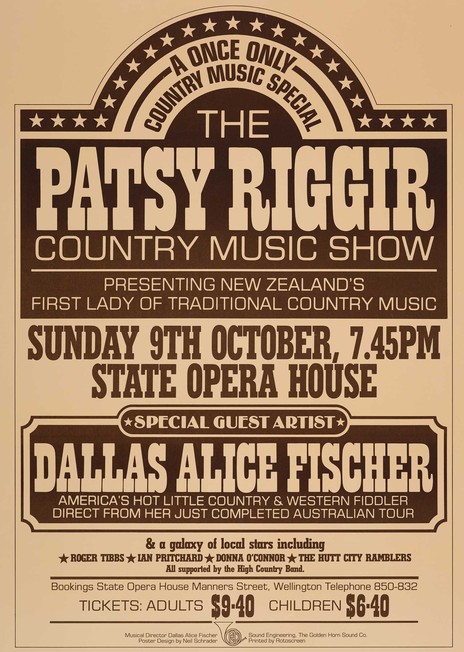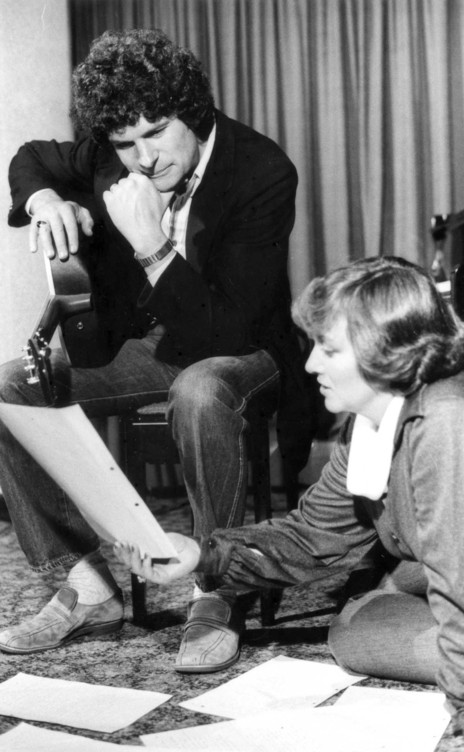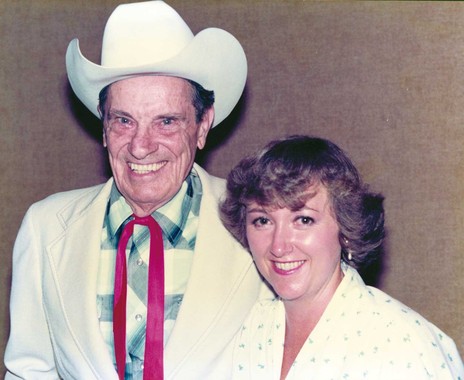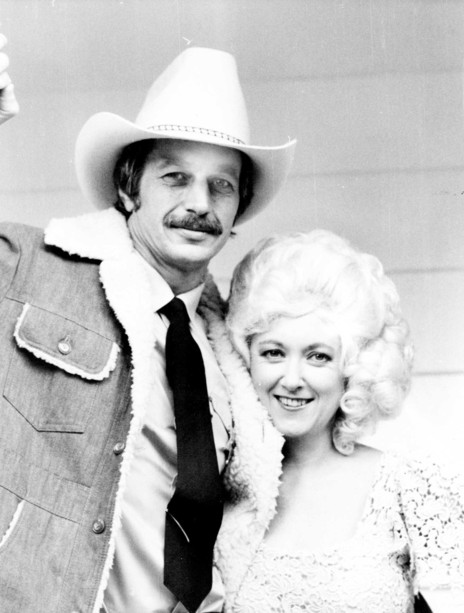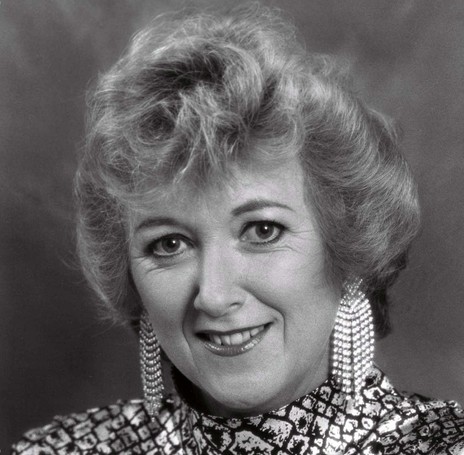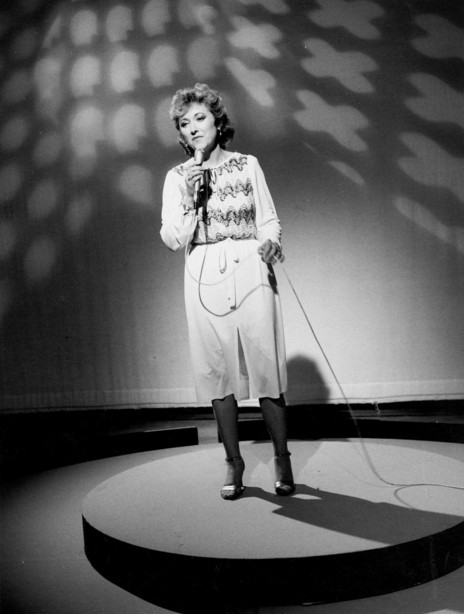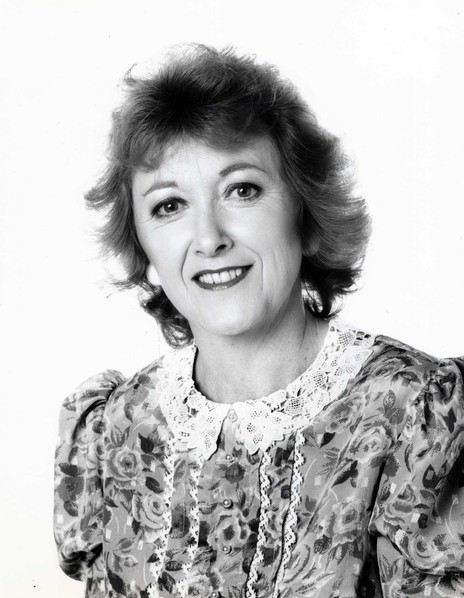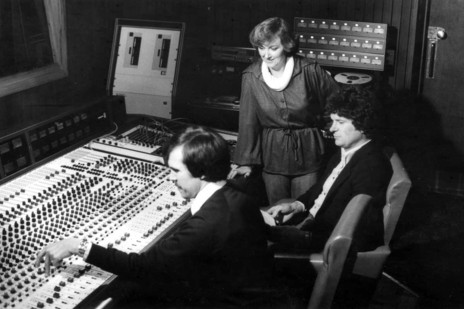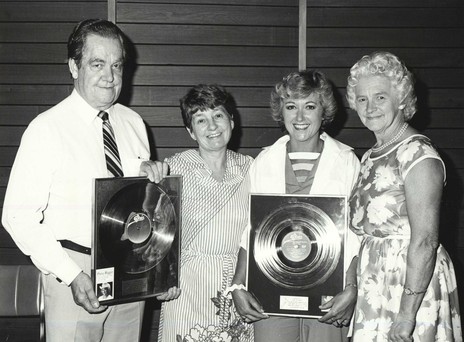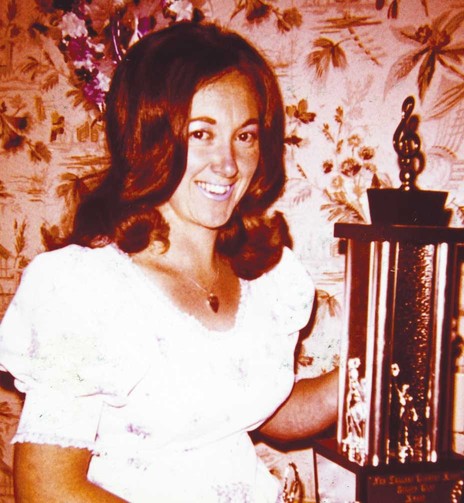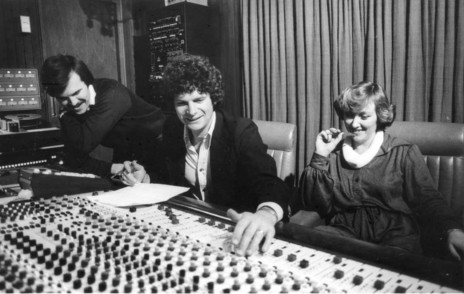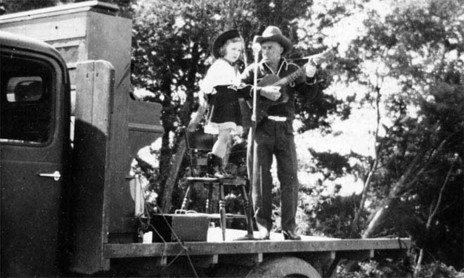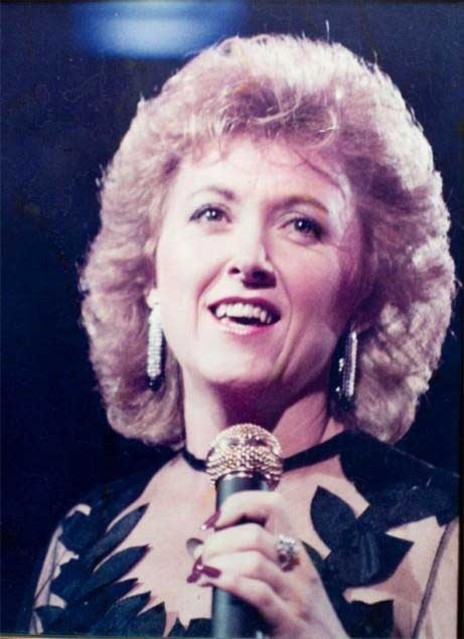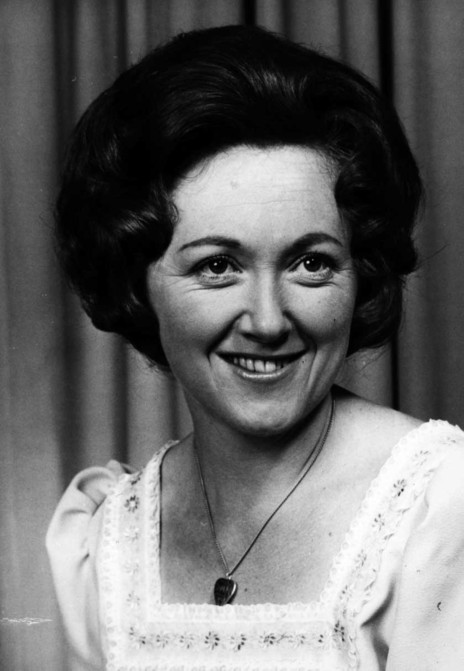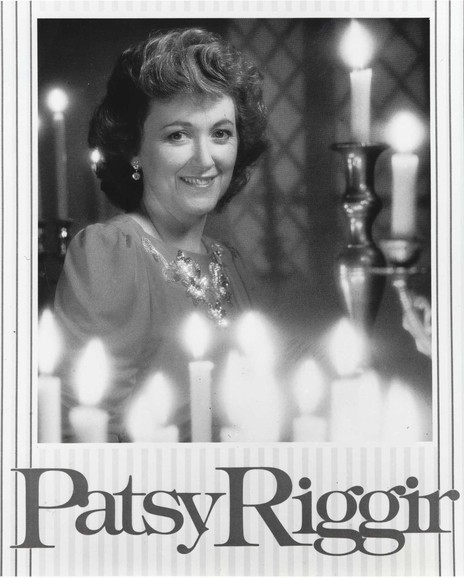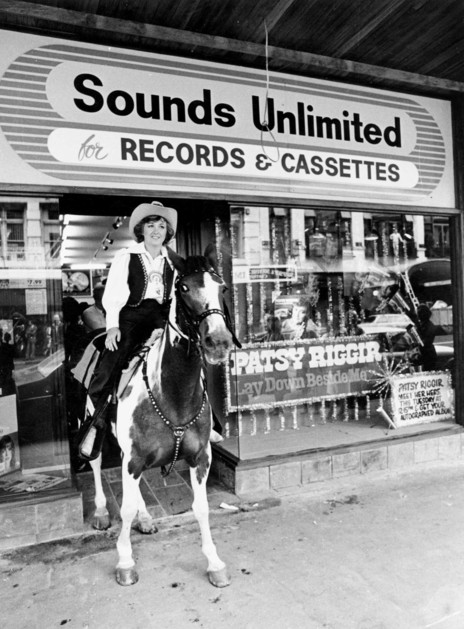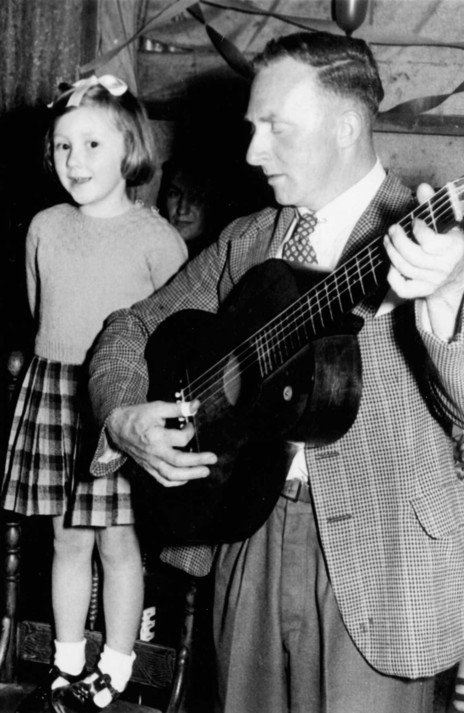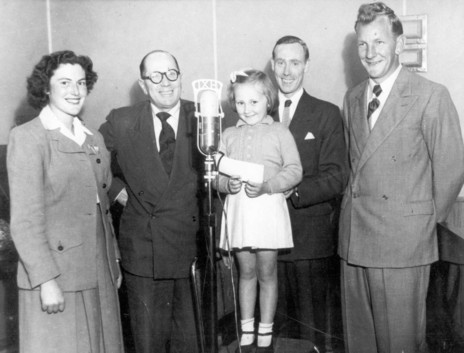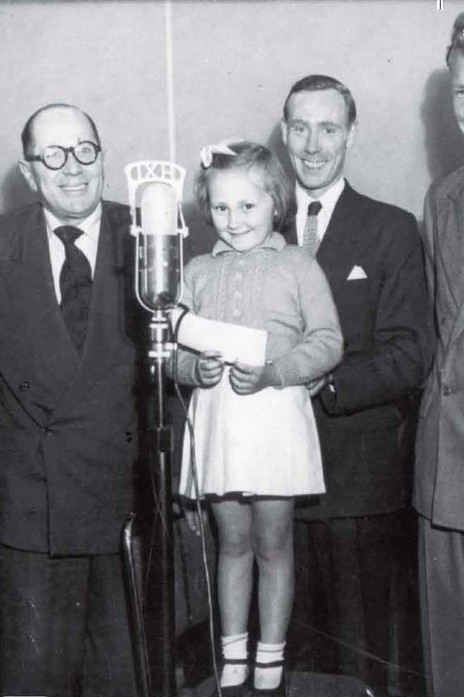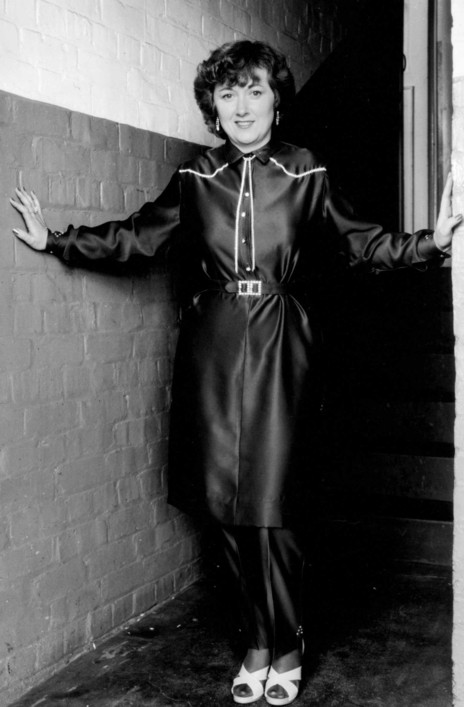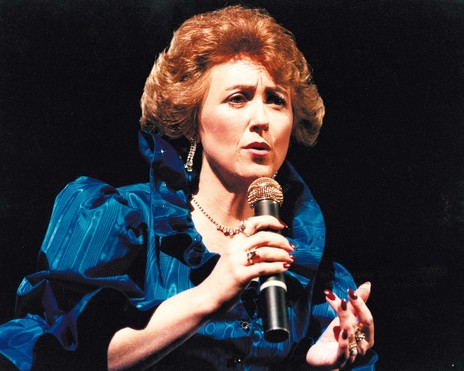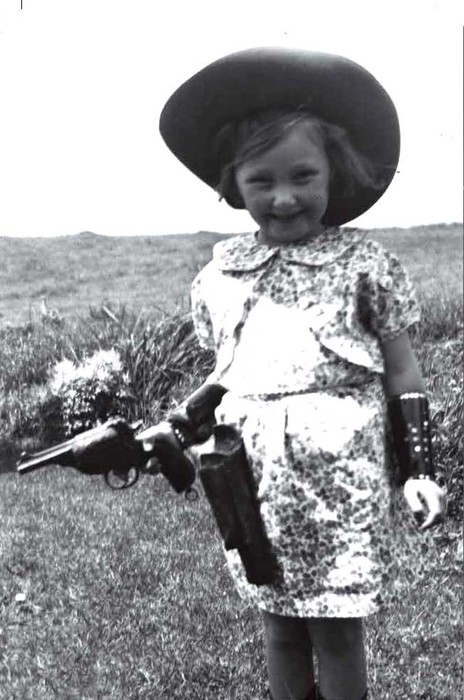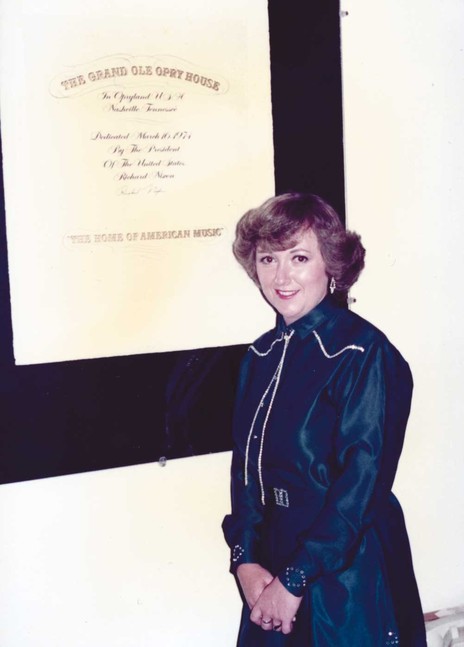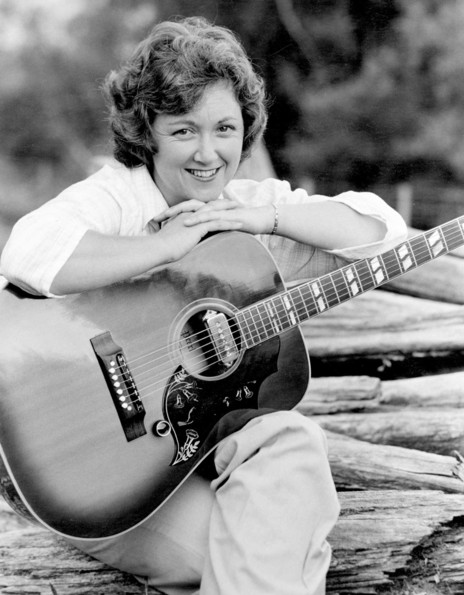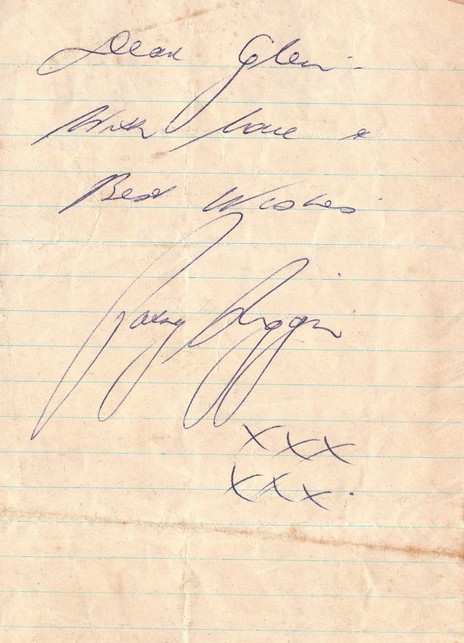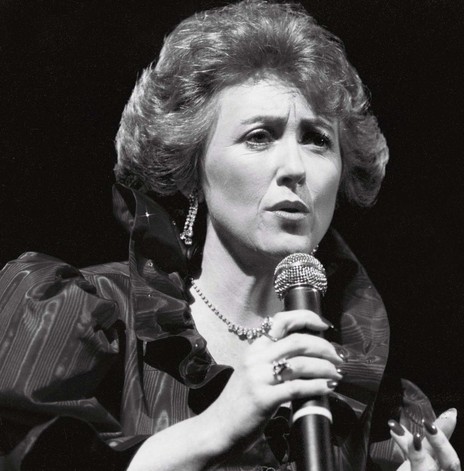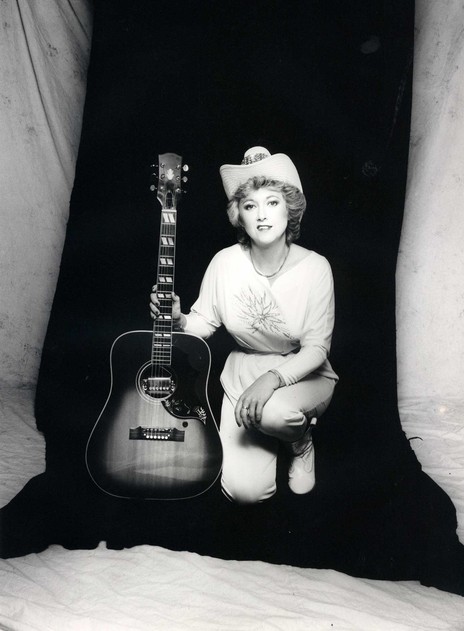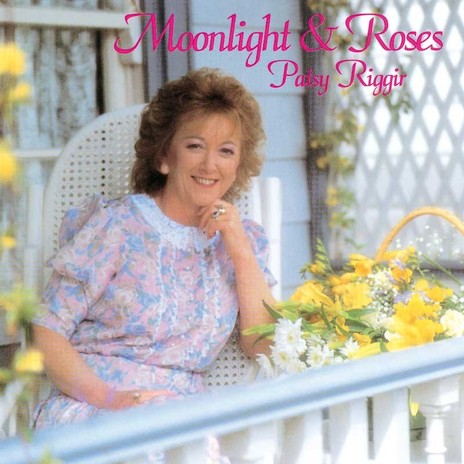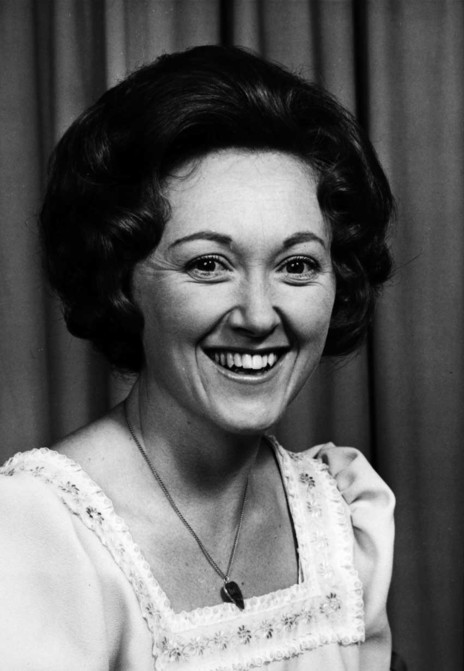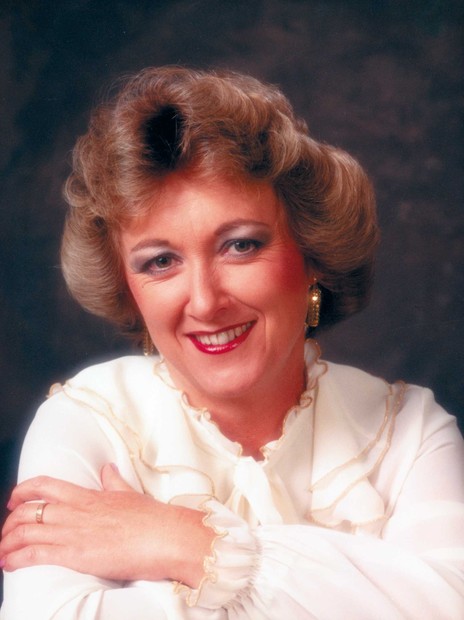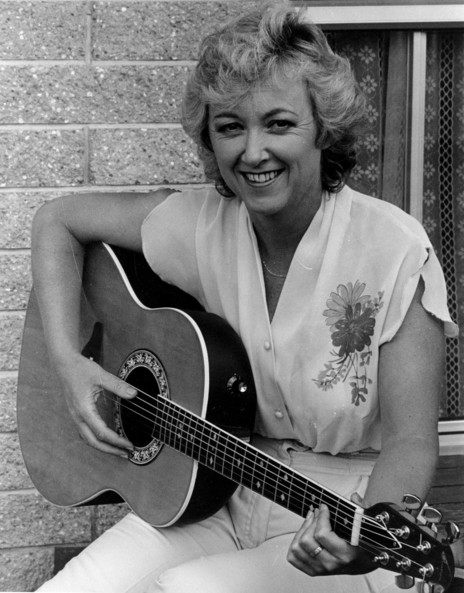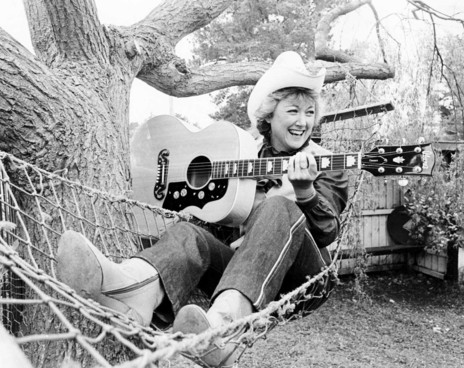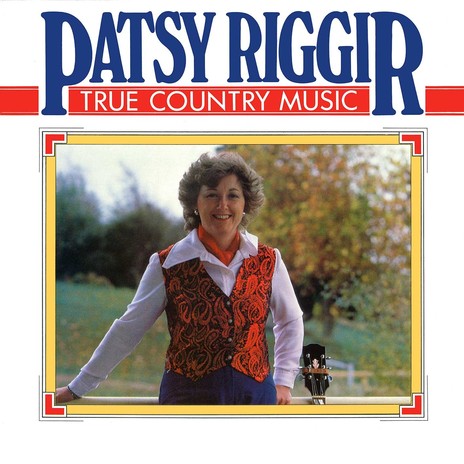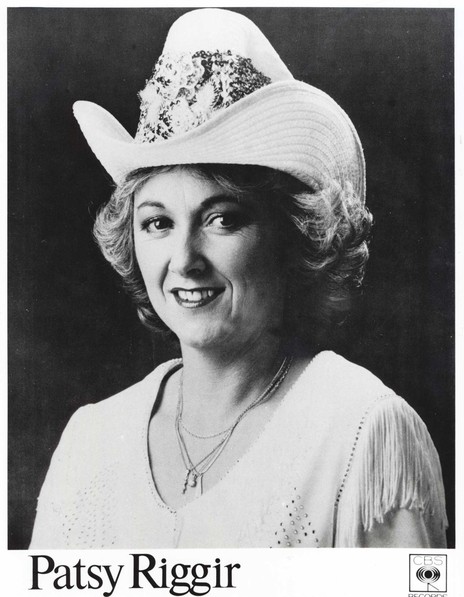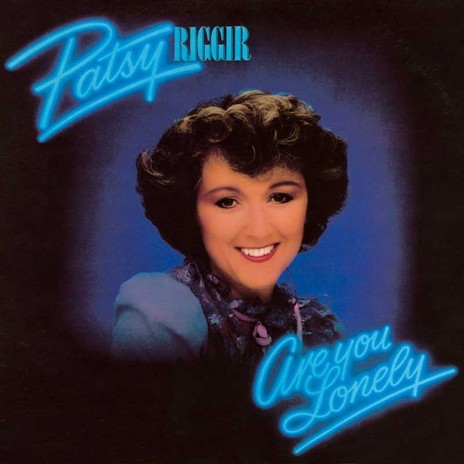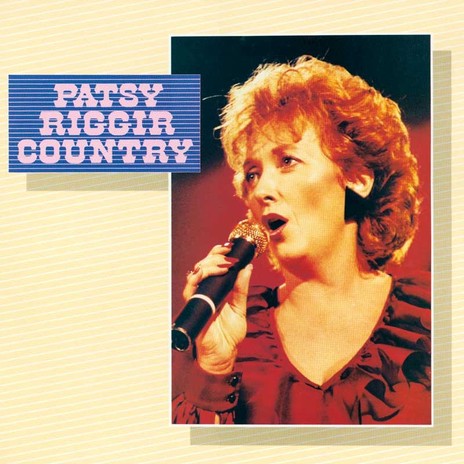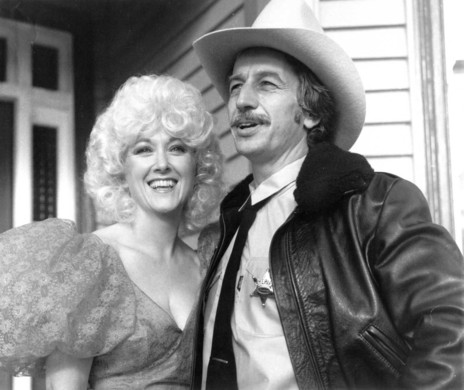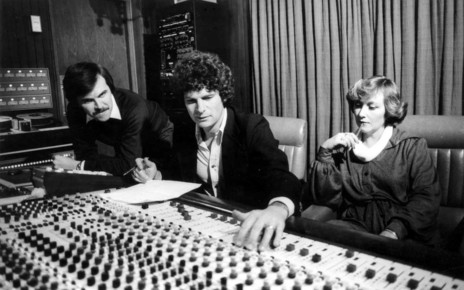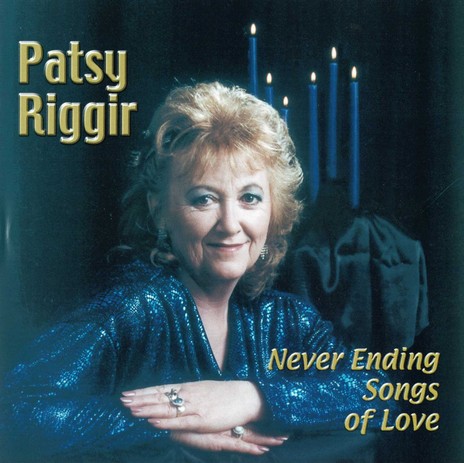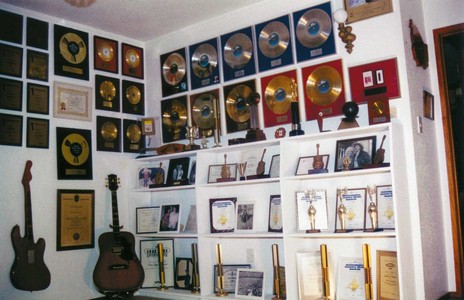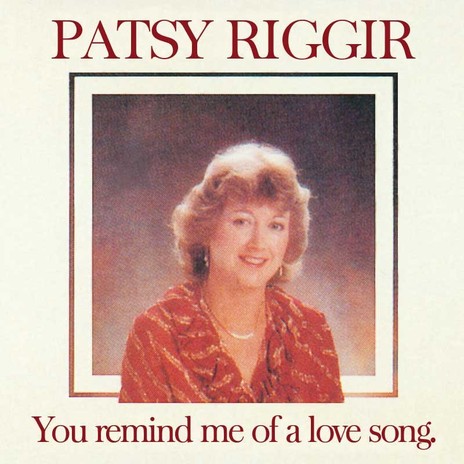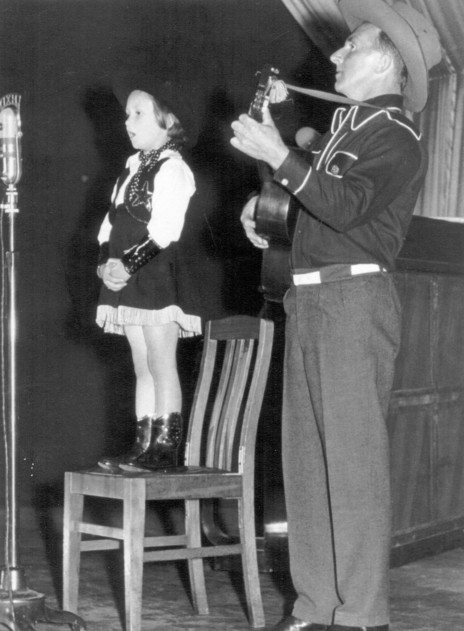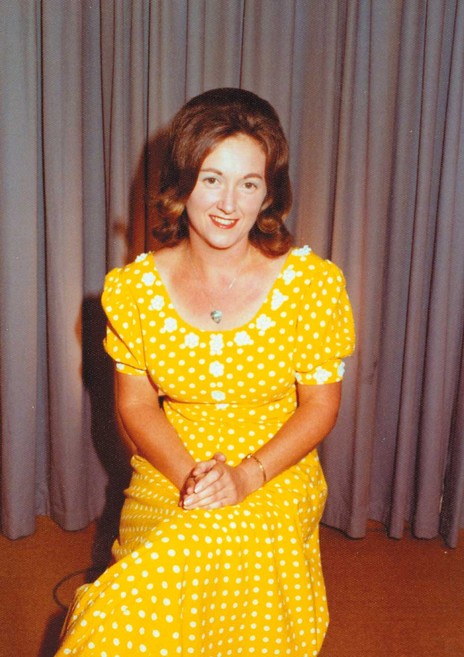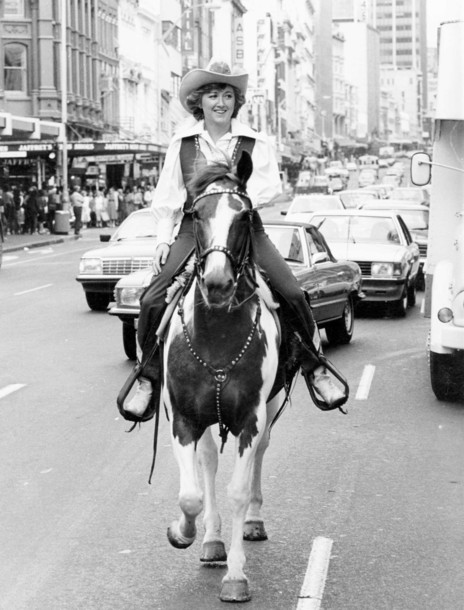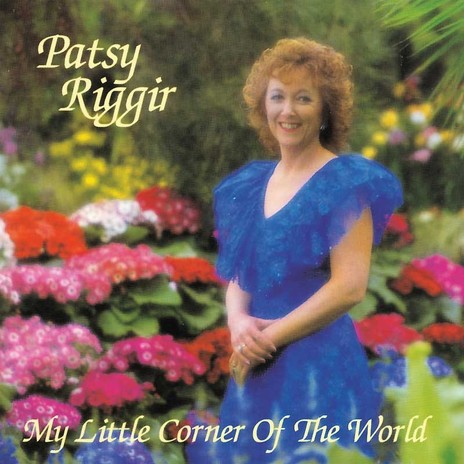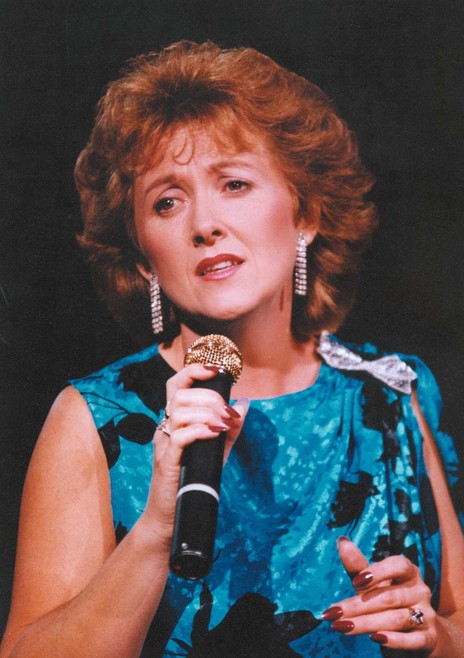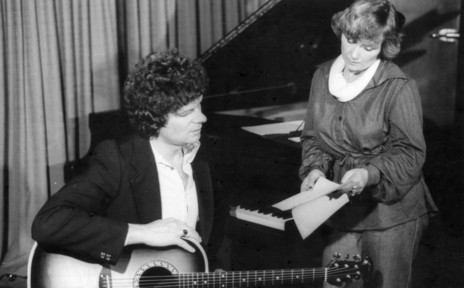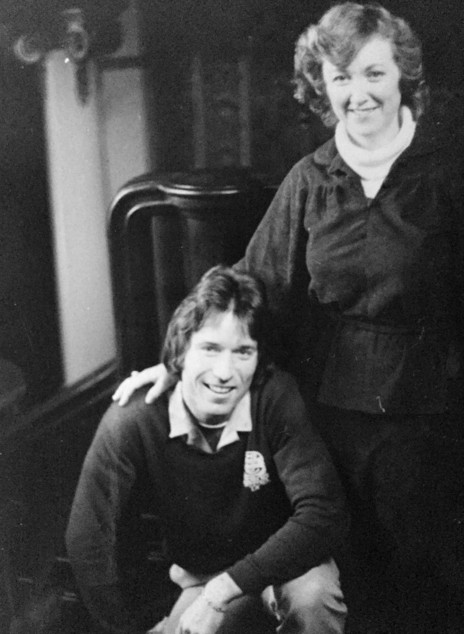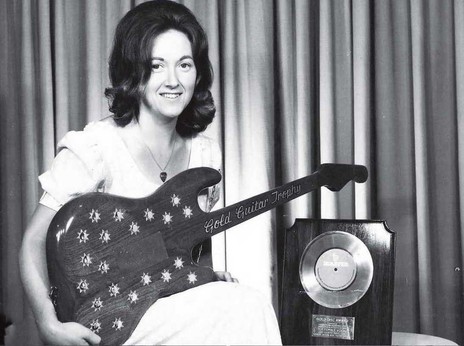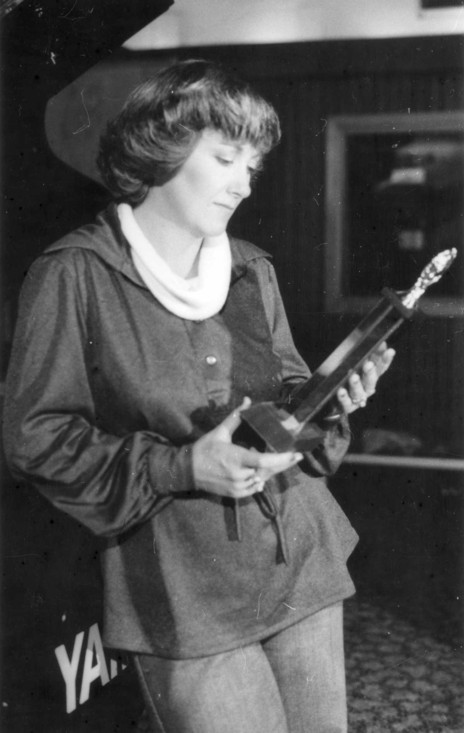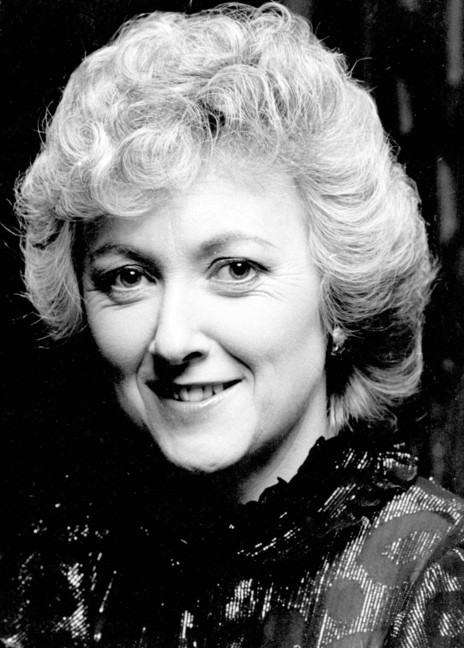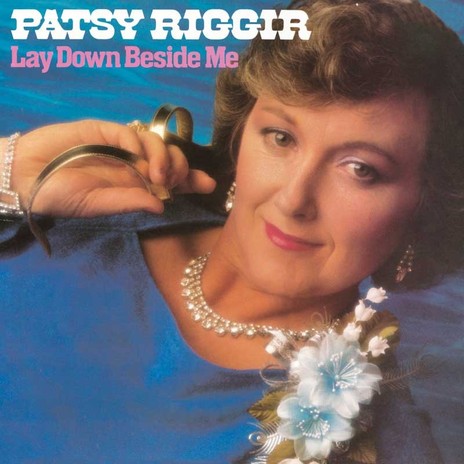She was a rarity among her peers in that every album included some of her own songs and she twice reached the finals of the APRA Silver Scroll. Although her biggest single was a cover, her self-penned numbers ‘Beautiful Lady’, ‘Still Singing Country Music’ and ‘You’ll Never Take The Country Out Of Me’ were favourites at the nation’s numerous country music clubs.
Riggir admitted to AudioCulture that songs like ‘Still Singing Country Music’ and ‘You’ll Never Take The Country Out Of Me’ were in reaction to the genre being dismissed as simple hillbilly fodder.
“Sadly, one of the things I find annoying and frustrating and upsetting is for some odd reason country music is really put down here in New Zealand in some parts of the industry,” she said.
“I can’t understand it because it’s held in such high regard in Britain and Europe and America, and I don’t know why it should not receive the same degree of respect here in New Zealand, because we’ve got some great country artists and they thoroughly deserve recognition and promotion, but it’s just not there. So I think that was my way of spitting out the dummy, maybe.”
Riggir slowed down in the 1990s and departed the scene for nine years after being awarded a Queen’s Service Medal in the 1994 New Zealand New Year’s Honours List. She returned for an album and tours in the early part of the millennium before retiring in 2008, but her legacy was confirmed when Beautiful Lady – The Very Best Of was released in 2013 and quickly reached platinum status.
Born in Arapuni, South Waikato, on 6 October 1945, Patsy Evelyn Ann Riggir’s parents were country and western singers Jack and Betty Riggir. Jack Riggir had grown up in Te Kuiti and was a fan of “the Singing Brakeman” Jimmie Rodgers and New Zealand-born Tex Morton.
At five years old, she stood on a chair to reach the microphone at a national radio talent quest.
The husband and wife performed on radio and at A&P shows, concerts and old-time dances and were joined by Patsy from the time she could hold a tune. At the age of five, she had to stand on a chair to reach the microphone when she won a national radio talent quest, broadcast live-to-air from 1XH Hamilton.
While Patsy concentrated on going to school, Jack Riggir signed with Auckland recording pioneer Eldred Stebbing in 1951. He released two 78s on Zodiac and was even invited to the United States by Nashville music publisher Ralph Peer but preferred to remain on the farm with his family. A final single was released on Tanza in 1959.
When Patsy Riggir’s grandfather passed away, the family moved from the Rangitoto Range to the original Riggir farm and homestead in Putaruru. They started visiting the burgeoning country music clubs around Hamilton, Rotorua and Tauranga, where Patsy got back into singing. She followed that up by entering talent quests in local hotels with little success.
In 1974 she joined the South Waikato Country Music Club and made the long trek to Gore to compete in the inaugural Gold Guitar Awards, winning the best female vocalist and overall titles. She won the corresponding awards at the inaugural Golden Clef Awards in Rotorua.
In 1976 she was a finalist in Television One’s The Entertainers and South Pacific Television’s Opportunity Knocks. She was again a finalist in the former in 1978 as well as representing New Zealand in the Asian Amateur Song Quest in Hong Kong and making an appearance on SPTV’s Touch Of Country.
By now Patsy Riggir was getting noticed and it was a letter of support from the country music clubs that brought her to the attention of EMI marketing manager Noel Muller. He signed her to the label and brought her to the EMI Studios in Wellington to record with producer and songwriter Dick Le Fort.
The album True Country Music was released in 1980 on the Capitol label. It boasted such studio musicians as guitarist Gray Bartlett, drummer Jimmy Hill, bass guitarist Neil Edwards and pedal steel guitarist Red McKelvie. As well as staples such as Susan Raye’s ‘Willie Jones’ and the Loretta Lynn and later Emmylou Harris hit ‘Blue Kentucky Girl’, it also included Riggir’s own ‘Heaven’.
“My very first attempt. I must admit it was a bit feeble, but it filled a gap. It wasn’t until that first album I thought, ‘Now, I wonder if I might be able to do something,’ which I did,” she said of her songwriting.
Despite her reservations about her early material, a music career was something that appealed. “So I decided that perhaps I would quit my job at the supermarket and have a try at this as a full-time occupation. I had a word with my boss at the supermarket and he gave me six months’ leave of absence to try out. And, quite frankly, I haven’t been back to see if my job’s still there!”
The following year she won a Golden Guitar for Best New Talent at the Australasian Country Music Awards in Tamworth and travelled to the United States where she appeared at the Fan Fair International Show in Nashville, on television on The Ralph Emery Show and as a guest of country star George Hamilton IV on the Grand Ole Opry.
But for whatever reason, EMI decided not to renew Riggir’s contract and Eldred Stebbing swiftly signed her up, thereafter licensing her recorded output to the CBS subsidiary label Epic. Stebbing had contracted her father three decades earlier and, in fact, his daughter’s success saw one last Jack Riggir single released on Epic in 1981.
Riggir’s ‘Lay Down Beside Me’ album was awarded platinum status.
It was a more confident Riggir who entered Stebbing Recording Studios with Hello Sailor producer Rob Aickin to record Lay Down Beside Me. The album reached No.11 on the New Zealand album chart in December and went on to be awarded platinum status, while the Don Williams-penned title track remains her highest placed single, peaking at No.3.
There was a surety in her own inclusions, ‘Let’s Make A Memory’ and ‘Still Singing Country Music’, thanks in no small part to Red McKelvie, who contributed acoustic, electric and pedal steel guitars. McKelvie became Riggir’s right-hand man when it came to arranging her songs. A self-confessed three-chord wonder, she knew the sound of the extra chords she was after and would sit with McKelvie while he played through different shapes until she heard the one that was in her head.
“We do have a bond and I think the world of Red. He’s a fantastic musician; a lovely guy to work with and I don’t think he’s had the recognition that he should have in New Zealand. He’s just not one who pushes himself. Very humble, and I love him for that.”
Riggir did The Ralph Emery Show, the Fan Fair International Show and the Grand Ole Opry again in 1982 and a seven-week tour of New South Wales, Victoria and Queensland with Australian country stars Reg Poole and John Williamson. She won Top Female Vocalist at the NZ Music Awards and also became a regular on the hit TVNZ show That’s Country.
Her next album Are You Lonely – again produced by Rob Aickin – reached No.13 in February 1983 and contained her most enduring song, ‘Beautiful Lady’. Although not a hit single it struck a chord and was taken to heart by every other girl singer at country music clubs and talent quests the length and breadth of New Zealand.
Riggir already had the germ of the idea when her sister came for a holiday from her Norfolk Island home. “She said, ‘I’ve got this idea for a song you might be able to do something with.’ It was exactly the same thing I’d been toying with, too. It was so much of a coincidence and I just thought, ‘This is something that I really have to do.’ I probably didn’t realise at the time how big it was, certainly had no idea how big it was going to be.”
There were plenty of accolades in 1983. ‘Beautiful Lady’ won Most Popular Song at the NZ Music Awards and saw Riggir named Composer of the Year. She was a finalist in the APRA Silver Scroll, which was won by Stephen Bell-Booth for ‘All I Want Is You’, and was the first country artist to win the NEOA NZ Entertainer of the Year. She represented New Zealand at the International Country & Western Music Association Gala at Fort Worth, Texas, which she repeated the following year.
That’s Country host Ray Columbus moved into the producer’s chair for 1984’s You’ll Never Take The Country Out Of Me, which won Best Country Album at the NZ Music Awards, where Riggir came away with Best Female Vocalist. She also recorded a duet with Michael-Roy Croft on ‘It’s A Dirty Job’ from his album Holding Things Together.
Although That’s Country was winding down at the end of the year, it was watching Riggir compere the South Island Country Music Awards that inspired one of the show’s producers, John Wansborough, to approach Riggir with the idea of doing her own TV special.
Many had to be turned away from a capacity Christchurch Town Hall for the taping of Patsy Riggir – Beautiful Lady, which proved so popular that a six-part series called Patsy Riggir Country went into production later in the year.
Ray Columbus produced Riggir’s 1984 album ‘You’ll Never Take The Country Out Of Me’
In the meantime, she received double platinum discs for sales of Are You Lonely and You’ll Never Take The Country Out Of Me as well as releasing album number five You Remind Me Of A Love Song, with Ray Columbus again producer and Red McKelvie as musical director and arranger. It went on to achieve platinum sales.
Riggir had written four of the tracks on the record including ‘You’re Not The One Who’s Lonely’ that brought about her second appearance as a finalist in the APRA Silver Scroll. The 1986 award went to Tony Waine of The Narcs for ‘Abandoned By Love’.
Released to coincide with the screening of Patsy Riggir Country, a live album of the same name peaked at No.3 on the New Zealand album chart in June 1986 and attained platinum status. It also won the Golden Guitar for Top Selling LP at the Australasian Country Music Awards in Tamworth in 1987.
The gospel album Close To Thee would be her last with Ray Columbus as producer and her last all-new album for three years. She represented Australasia at the Country Music Fan Fair Festival in Nashville and was made honorary patroness of the New Zealand Country Music Association on her return.
She continued performing throughout New Zealand and Australia and released three albums in the early 1990s – Liberated Lady (produced by Michael Grafton-Green) in 1990, Moonlight And Roses (produced by Carl Doy) in 1992 and My Little Corner Of The World (produced by Gary Daverne) in 1993.
In the 1994 New Year’s Honours List, Patsy Riggir was awarded a QSM, but soon after “family problems” forced her retirement from the music world. “I think maybe I’d been working too hard,” she recalled. “There were a number of things that kind of just all built up and I thought it was best to give it a break and have a rest.”
It was a rest that lasted nine years until, in 2003, Manuka Studios manager Jim Morrogh invited Riggir to contribute a song to the studios’ Memories Are Made Of This CD series. The timing was right and she sang ‘Beautiful Dreamer’. The experience of working with house producer Mike McCarthy was so positive that Riggir donned the headphones again for the comeback album Never Ending Songs Of Love released on Rajon. Of course Red McKelvie was there on pedal steel guitar.
The album was followed by the national Heart Of The Country concert tour from Whangarei to Invercargill. Two years later Riggir joined Brendan Dugan, Jodi Vaughan, Gray Bartlett and The Hamilton County Bluegrass Band on the national Highway Of Legends tour. When there was talk of another round, she politely declined.
“I’m very much aware that New Zealand is only a tiny country,” Riggir said, “and I’ve always been extremely aware of the fact that you can overdo it so easily. And that might be one of the reasons, too, that I was successful, because I didn’t keep going back to the same venues two or three times a year.”
Nowadays Patsy Riggir is a full-time carer of her elderly mother who lives with her and her long-time partner Lorne Gordon-Watkins. When it comes to whether or not her recording or performing days are over, she doesn’t know.
“I’m not shutting the door,” she said. “We’ll just leave it open. If the door’s not shut, you don’t have to try hard to open it again. If the door’s ajar you can quietly slip through.”
--
Read more: Patsy Riggir interview in ChaCha, 1984
